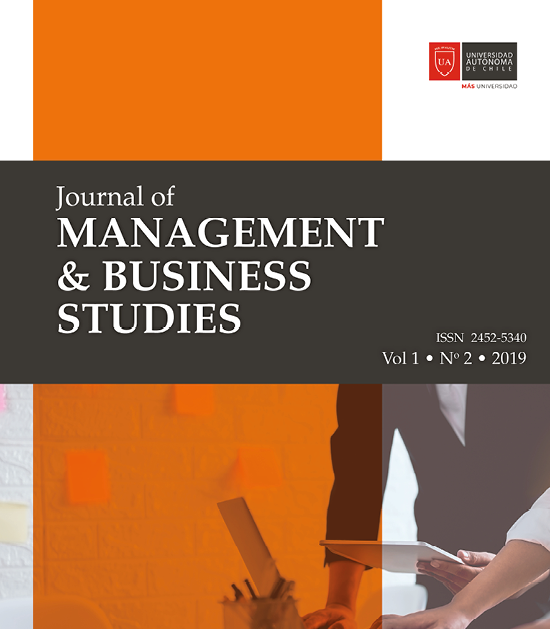Mostrar el registro sencillo del ítem
The islamic east, female slavery and marriage in 19th century mexico. A discursive strategy [Oriente islámico, esclavitud femenina y matrimonio en el México decimonónico. Una estrategia discursiva]
| dc.contributor.author | Menegazzi A.P. | |
| dc.date.accessioned | 2020-09-02T22:22:56Z | |
| dc.date.available | 2020-09-02T22:22:56Z | |
| dc.date.issued | 2019 | |
| dc.identifier | 10.5209/RCHA.64695 | |
| dc.identifier.citation | 45, , 261-280 | |
| dc.identifier.issn | 11328312 | |
| dc.identifier.uri | https://hdl.handle.net/20.500.12728/5307 | |
| dc.description | By virtue of an analysis of the Parliamentary Chronicle, published gradually by the Deputy and liberal writer, Francisco Zarco, this article attempts to prove how a discursive contraposition to an Oriental Otherness allowed members of the Constituent Mexican Congress of 1856 to reach specific objectives of the national political program regarding individual liberties, the indissolubility of marriage and the treatment of religious tolerance. It shows, furthermore, the centrality of the orientalist discourse in the reactions of the congressional representatives to a series of female representations that were contrary to the approval of the controversial Article 15 of the Constitutional Project, which questioned the Church’s supposed influence over these women and evidenced other means of diffusion of this exoticized vision. © 2019, Universidad Complutense de Madrid. All rights reserved. | |
| dc.language.iso | es | |
| dc.publisher | Universidad Complutense de Madrid | |
| dc.subject | 19th Century | |
| dc.subject | Gender | |
| dc.subject | Liberalism | |
| dc.subject | Mexico | |
| dc.subject | Orientalism | |
| dc.title | The islamic east, female slavery and marriage in 19th century mexico. A discursive strategy [Oriente islámico, esclavitud femenina y matrimonio en el México decimonónico. Una estrategia discursiva] | |
| dc.type | Article |


